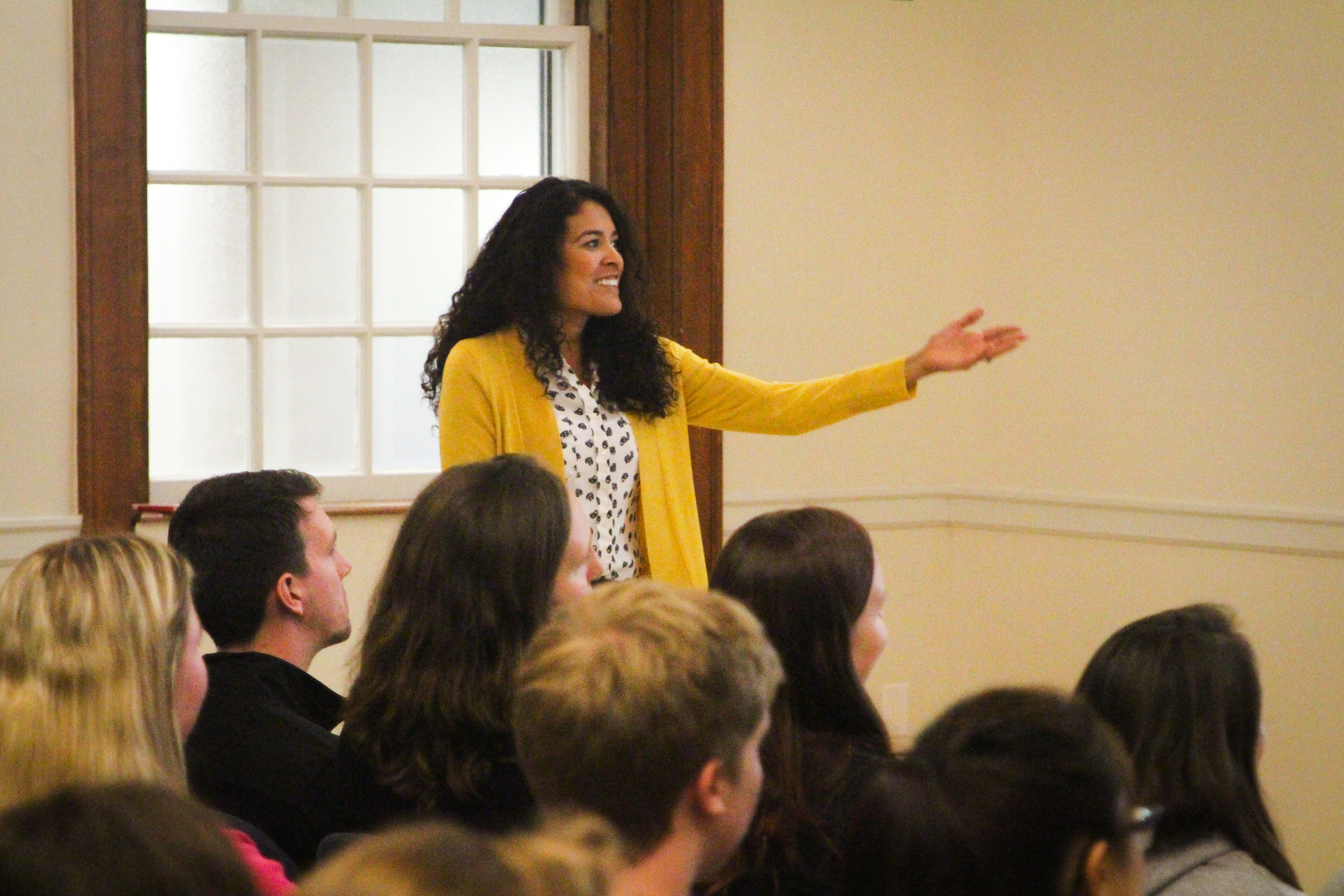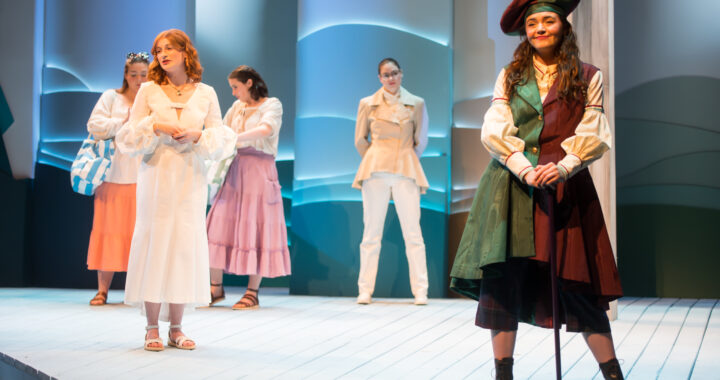Backpacking through the Yucatan: one explorer’s story
3 min read
Izzy Briones | The Blue & Gray Press
By REINA DATTA
Growing up in the United States is more of a blessing than students may realize. As the cultural melting pot, the U.S. gives everyone the opportunity to not only embrace other cultures, but to define and appreciate their own beliefs and traditions.
From Sept. 15 to Oct. 15, the University of Mary Washington is celebrating Latino Identities Month, with events hosted by the Latino Student Association and the Office of Diversity and Inclusion.
These events, such as Zumba and Spanish movie viewings, are meant to highlight the array of ethnicities, heritages and traditions that Spanish speakers represent. “Spanish: More Than a Language,” the slogan for this year’s Latino Identities Month, features the role of culture in our everyday lives.
As part of these events, Araceli Palomino, communications professor, presented her recent backpacking trip through the Yucatan, and how it has affected her and her Spanish identity, on Monday, September 21. When most people plan on traveling to another country for an entire month, the planning process means running through every idea and element of the trip with a fine-tooth comb.
This was not the case for Palomino.
As a college graduate in her late 20s, the whole world was in front of her. Palomino said that one of her favorite quotes is “of all the books in the world, the best stories are found between the pages of a passport.”
With her passport, best friend and backpack in tow, Palomino set off for a 31-day adventure of four countries, 10 cities and absolutely no itinerary.
Palomino’s travels took her all the way from Cancun Mexico, down to Belize, then to Guatemala, Honduras and finally back to Antigua, Guatemala. Her goal for this trip was to see the world, particularly the Mayan ruins, and to find herself at the same time.
While describing the various stops in the Spanish speaking countries, the comment Palomino made frequently was that “pictures just don’t do these places justice.”
A picture cannot capture the personalities or conversations of the people that she had met, or the feelings she experienced while making her trek through regions that were both beautiful and foreign.
One piece of advice that Palomino shared with the audience is that they should immerse themselves in the culture of the country that they are exploring, soaking themselves in native customs and everyday routines. “Stay in hostels and small hotels, not in resorts,” Palomino said. This is the way to meet new people, a mistake she made at the beginning of her trip.
Palomino also shared that although she swears by the “Rough Guides,” which is the best guidebook for backpacker’s, to help her wade her way through the tourist traps, “there’s nothing that can prepare you for the culture shock that you will experience when traveling to another country,” she said. Even though she has a Spanish background, she still felt like she “stuck out like a sore thumb.”
It was not until she made it to Utila, Honduras, that Palomino made friends that she felt like she could stay in touch with after her voyage; friends who could share the new-ness of the culture. The point that Palomino reiterated is that “the best way to understand your culture is by learning a new one.”
People living in the U.S. are fortunate to live in a country where different cultures meet on suburban neighborhood block parties, or in a college class.
This diversity is present everywhere you look. Each person has a different story, a different background, and is connected to a different place.
Traveling helps you discover yourself and experience other cultures simultaneously.











